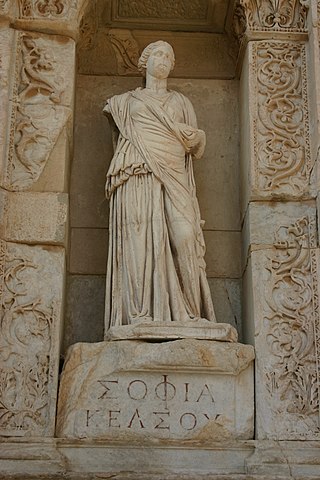Natalia is a female given name with the original Late Latin meaning of "Christmas Day".
Danielle is a modern French female variant of the male name Daniel, meaning "God is my judge" in the Hebrew language.

Sophia, also spelled Sofia, is a feminine given name, from Greek Σοφία, Sophía, "Wisdom". Other forms include Sophie, Sophy, and Sofie. The given name is first recorded in the beginning of the 4th century. It is a common female name in the Eastern Orthodox countries. It became very popular in the West beginning in the later 1990s and became one of the most popularly given girls' names in the Western world in the first decades of the 21st century.
Mario is the Italian, French, Croatian, Czech, Slovak, Slovene, Polish, Spanish, Portuguese, Romanian, Bulgarian, Greek, German, Dutch, Scandinavian and Nigerian English form of the Latin Roman name Marius.

Castro is a Galician and Portuguese surname coming from Latin castrum, meaning a castle or fortress. Its English equivalent is Chester.

Diana is a feminine given name of Latin and Greek origins, referring to the Roman goddess Diana. It came into use in the Anglosphere in the 1600s by classically educated parents as an English language version of the French version of the name, Diane.
Adriana, also spelled Adrianna, is a Latin name and feminine form of Adrian. It originates from present day Italy and Spain.

Lara is a feminine given name or a surname in several languages. It can be used as a short form of the name Larissa. It was popularized in the Anglosphere by a character in the 1965 film Dr. Zhivago.
Gabriela is the Portuguese, Spanish, Czech, Slovak, Romanian, Latvian, Polish and Bulgarian feminine form of the Hebrew name Gabriel.
Vera is an Italian and Spanish surname. Notable persons with that surname include:
Catalina is a feminine given name. It is a Spanish form of a variation of the name Katherine. Catalina is an equivalent to Katherine or Catherine in English, Αικατερίνη (Ekaterini) and Κατερίνα (Katerina) in Greek, Екатерина (Yekaterina) in Russian, Caterina in Italian, Cătălina in Romanian, Catalan and Ukrainian, Catherine in French, Katarzyna in Polish, and Catarina in Portuguese and Galician.
Moreno is a Spanish, Filipino, Portuguese, Catalan, French, and occasionally, an Italian surname. It may refer to:
Claudia is a female given name equivalent to Claudius or Claudio. In Portuguese, it is accented Cláudia. A variant and cognate form is Klaudia. It was originally used to refer to any woman who belonged to the ancient Roman Claudia gens. Claudia is a common name in countries that speak Germanic languages and Romance languages.
Susana is a feminine given name. Like its variants, which include the names Susanna and Susan, it is derived from Σουσάννα, Sousanna, the Greek form of the Hebrew שושנה, Shoshannah, which could have been derived from the Aramaic language. ܫܘܫܢ, Shoshan means lily in Syriac. سوسن, Susan, is the Persian spelling of this name. The spelling Susanna is used in Sweden, Italy, the Netherlands and Finland, as well as much of the English-speaking world. Zuzana is used in Czech Republic and Slovakia, and the spelling is Zsuzsanna in Hungary. In Polish it is Zuzanna. In addition to its use in English, the spelling Susana is also common in countries such as Spain and Portugal.
Mariana is a feminine given name of Latin origin. The masculine equivalent is Marianus, which is derived from Marius. Marianus became Mariano in Italian, Spanish and Portuguese.

Cepeda is a Spanish surname dating back to the 12th century. Notable people with the surname include:
Ana is a version of the female given name Anna meaning "favour" or "grace".
Palma is both a surname and a given name of Spanish, Portuguese and Italian origin. Notable people with the name include:
Campos is a surname of Spanish and Portuguese origin, meaning "Fields" in both languages. Notable people with the surname include:

Herrera is a surname of Spanish origin, from the Latin word ferrāria, meaning "iron mine" or "iron works" and also the feminine of Latin ferrārius, "of or pertaining to iron"; or, alternatively, the feminine of Spanish herrero, which also gives the surname Herrero. Variants of the name include Errera, Ferrera and the less common Bherrera. Its equivalent in Portuguese and Galician is Ferreira. Also, because of Spanish naming customs, some people are listed here with their family name as their second-to-last name.





